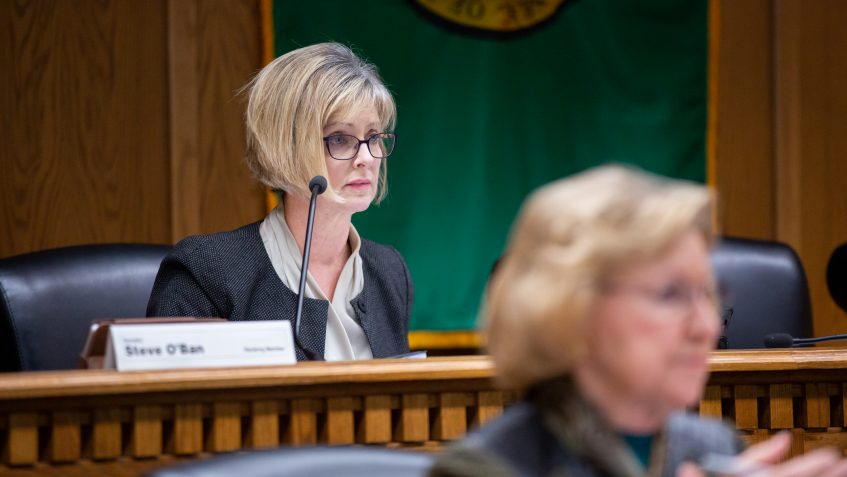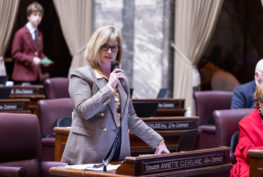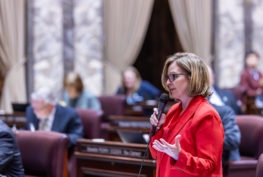Legislation passed unanimously late Wednesday by the Senate will protect patients from being billed extra when they receive medical care involving an out-of-network provider.
“Patients should not be surprised by an unexpected medical bill when they receive health care,” said Sen. Annette Cleveland (D-Vancouver), who sponsored Senate legislation similar to House Bill 1065, the version that wound up as the vehicle for passage. “This bill to eliminate ‘surprise billing’ is one more way of ensuring patients are not caught in the middle when an insurer does not contract with a provider a patient receives their treatment from.”
Surprise billing occurs when someone receives health care services performed by a provider who is outside their carrier’s network, and the provider bills the patient for the difference between what the provider has billed and the insurance plan chooses to pay. This typically occurs when someone needs to seek emergency care at an out-of-network hospital that is bound by federal law to treat the patient, or when someone receives care at an in-network hospital but receives care from an out-of-network provider who works there. Recent studies suggest that roughly 1-in-5 emergency room visits and 1-in-10 elective inpatient procedures result in the potential for a surprise bill.
“The financial consequences of these surprise fees can be devastating to a patient or their household,” Cleveland said. “If it’s more than the patient can afford and the bill is sent to collections, no one wins — the provider has to spend enormous effort to get the money and often never gets it, and the consumer’s credit history can be ruined.”
To protect patients in such cases, HB 1065 establishes an arbitration process in which the hospital and the out-of-network provider must negotiate their differences in fees, instead of passing additional costs on to patients, and ensures an evenhanded process for settling billing disputes between out-of-network providers and facilities and health carriers.




